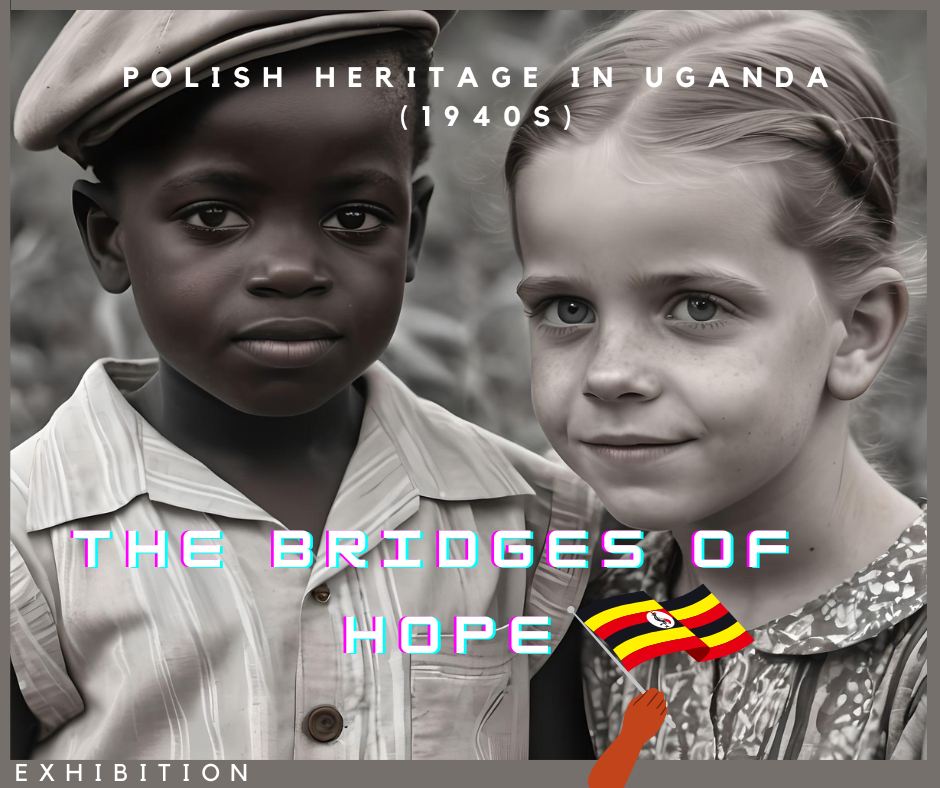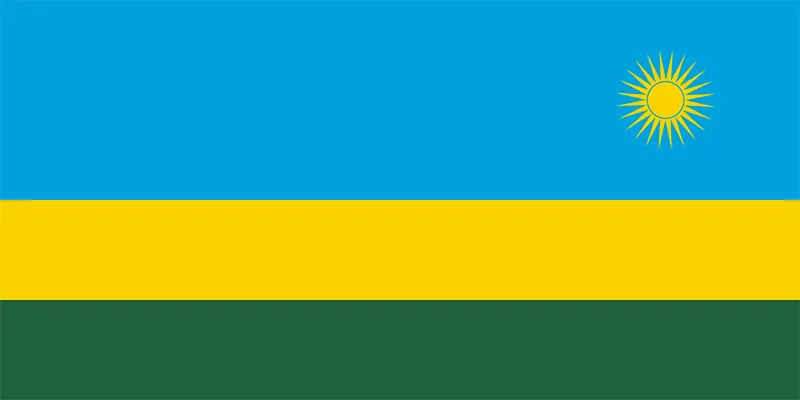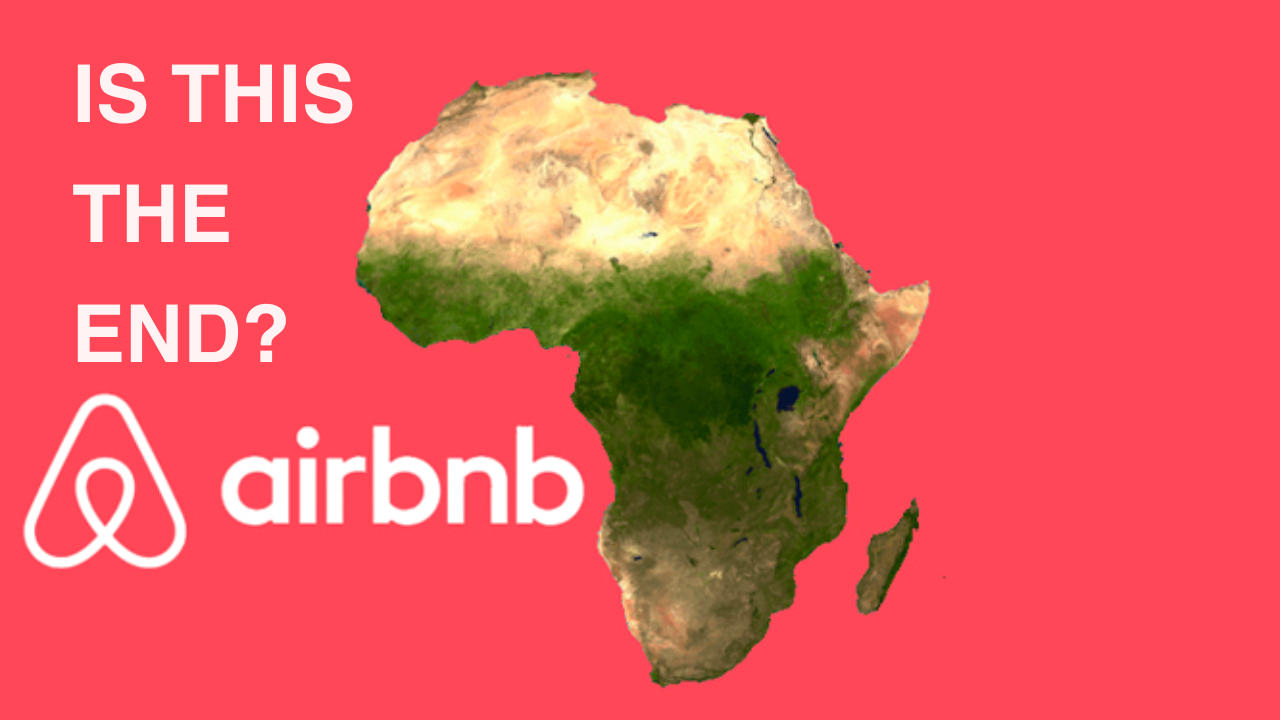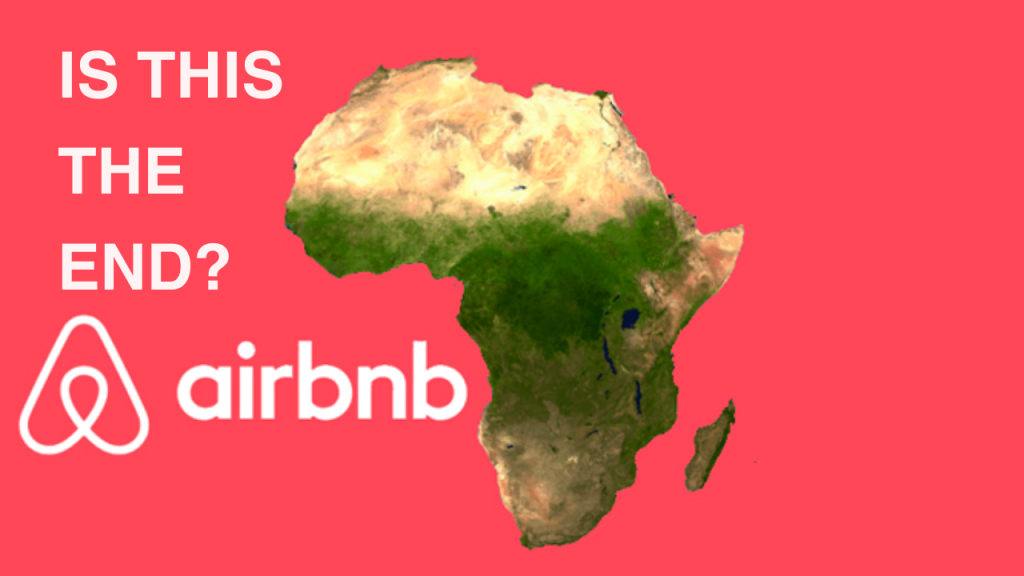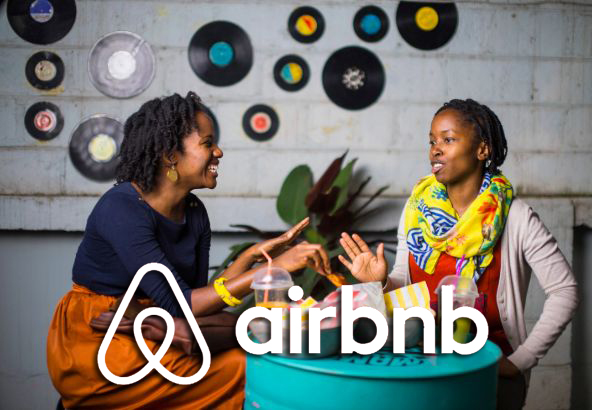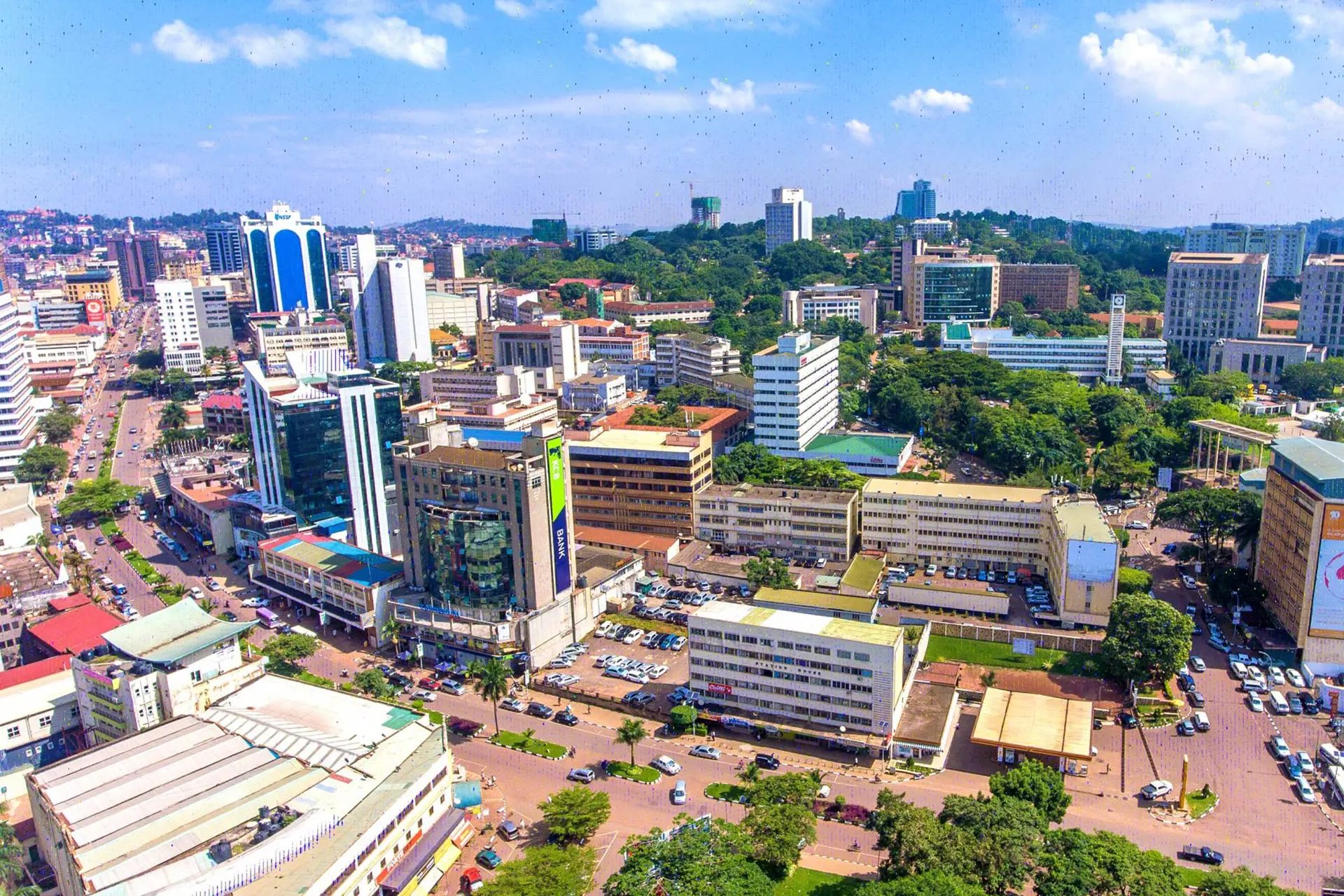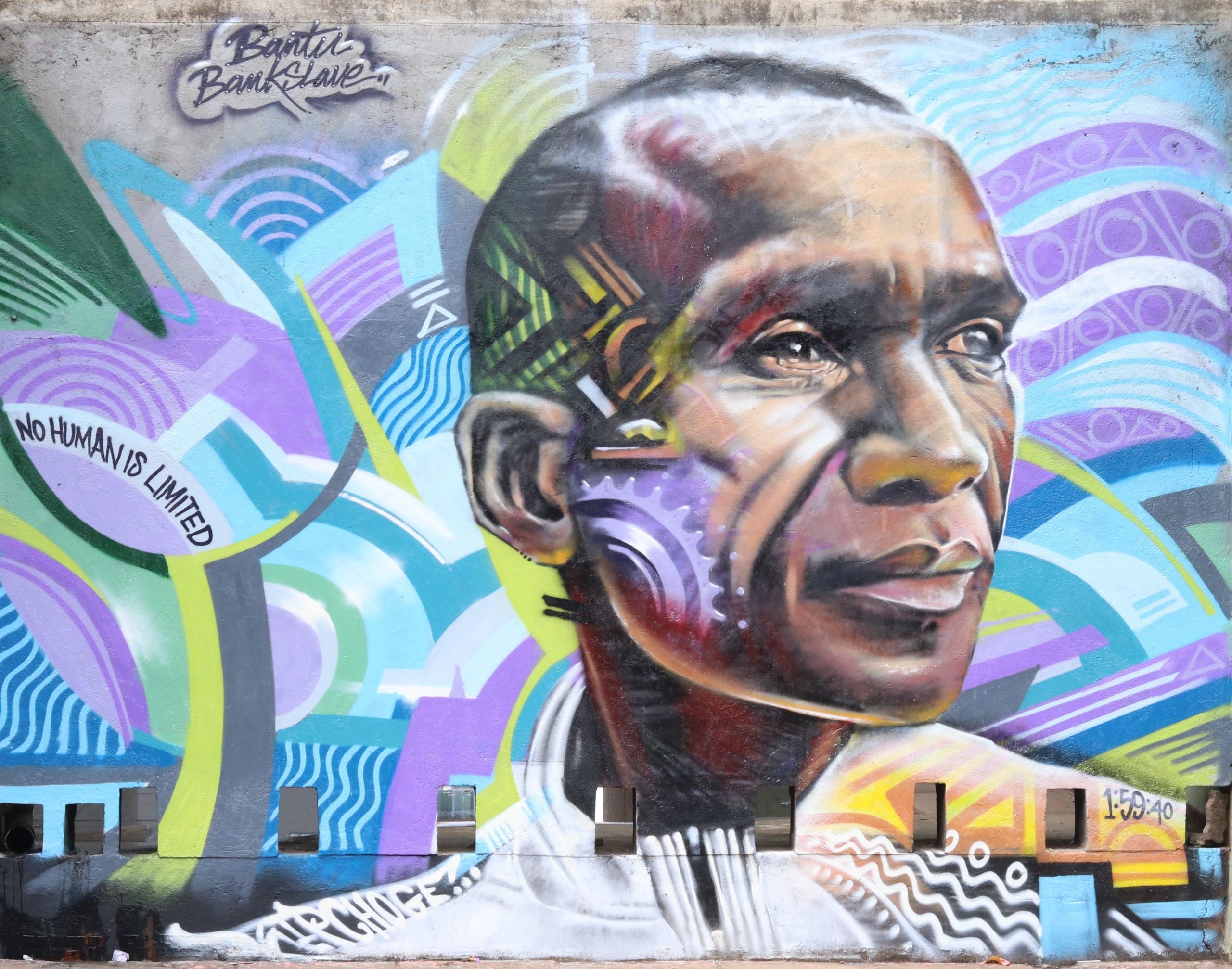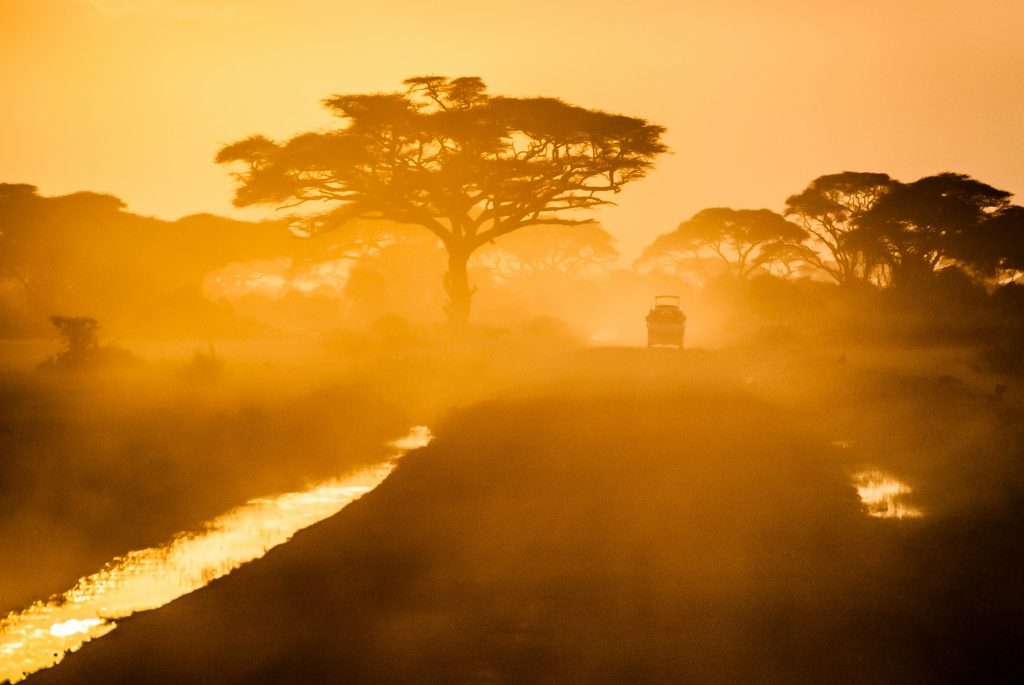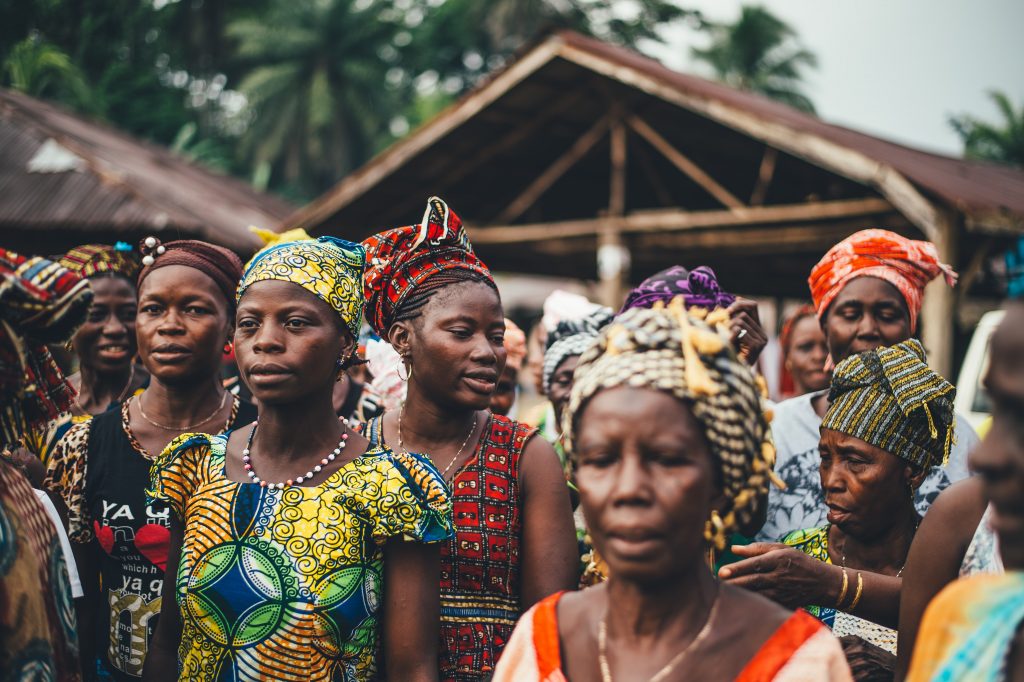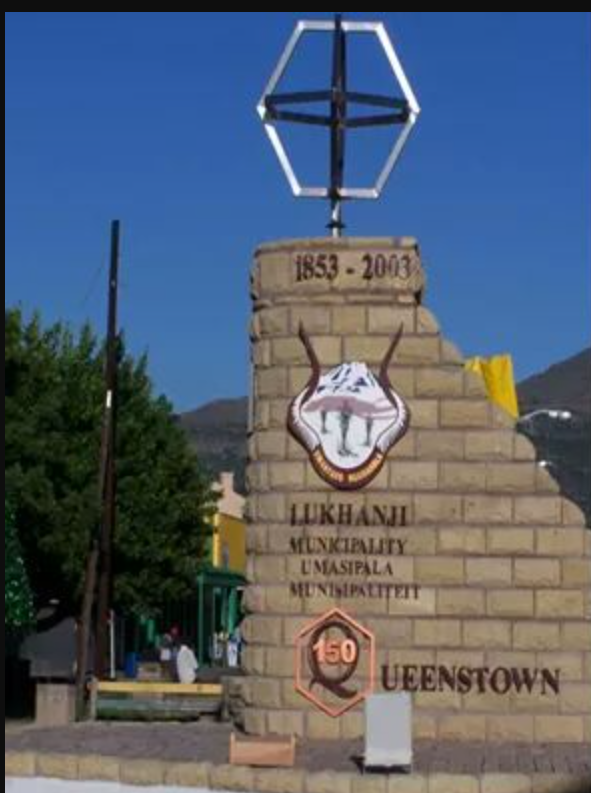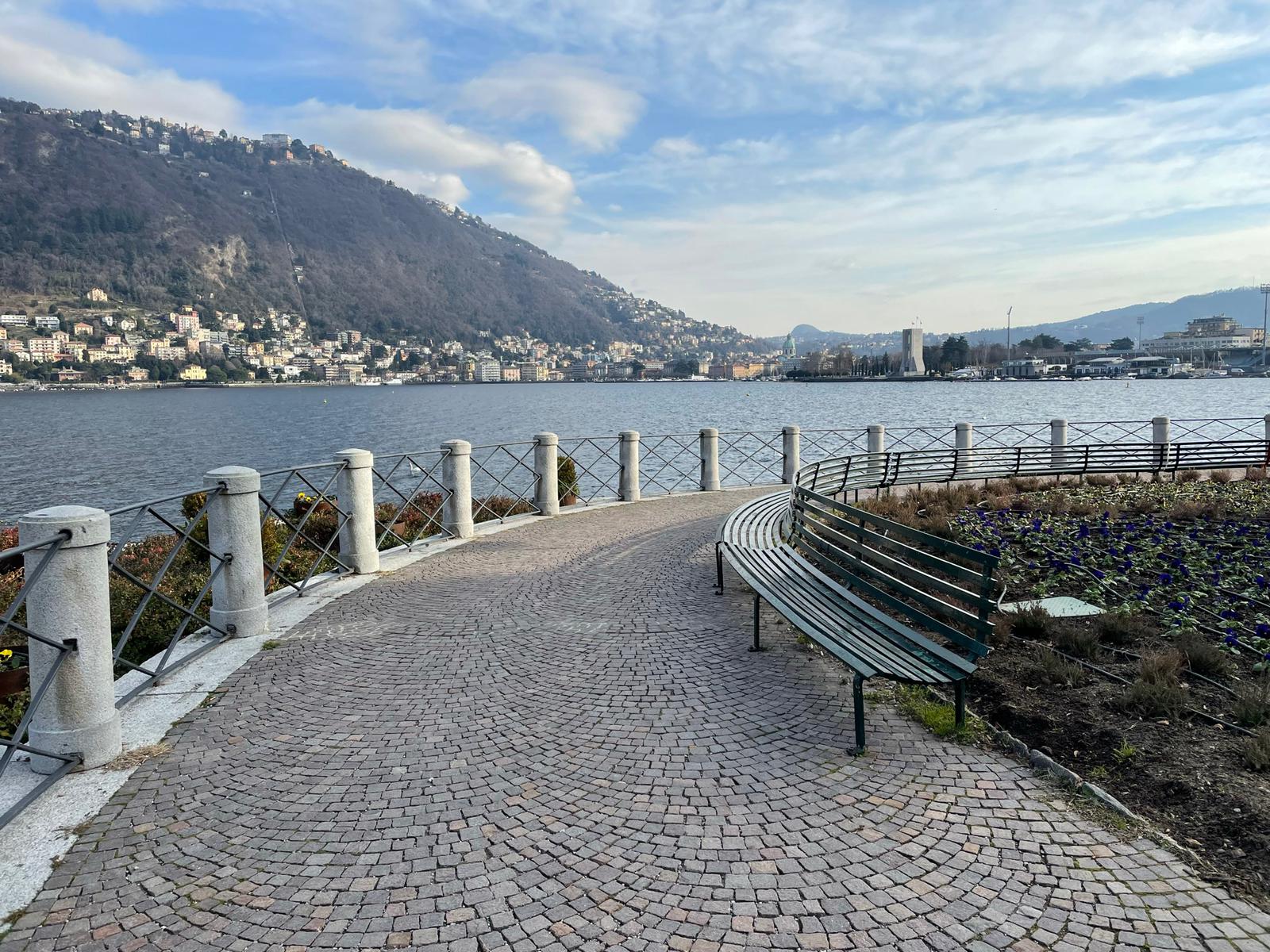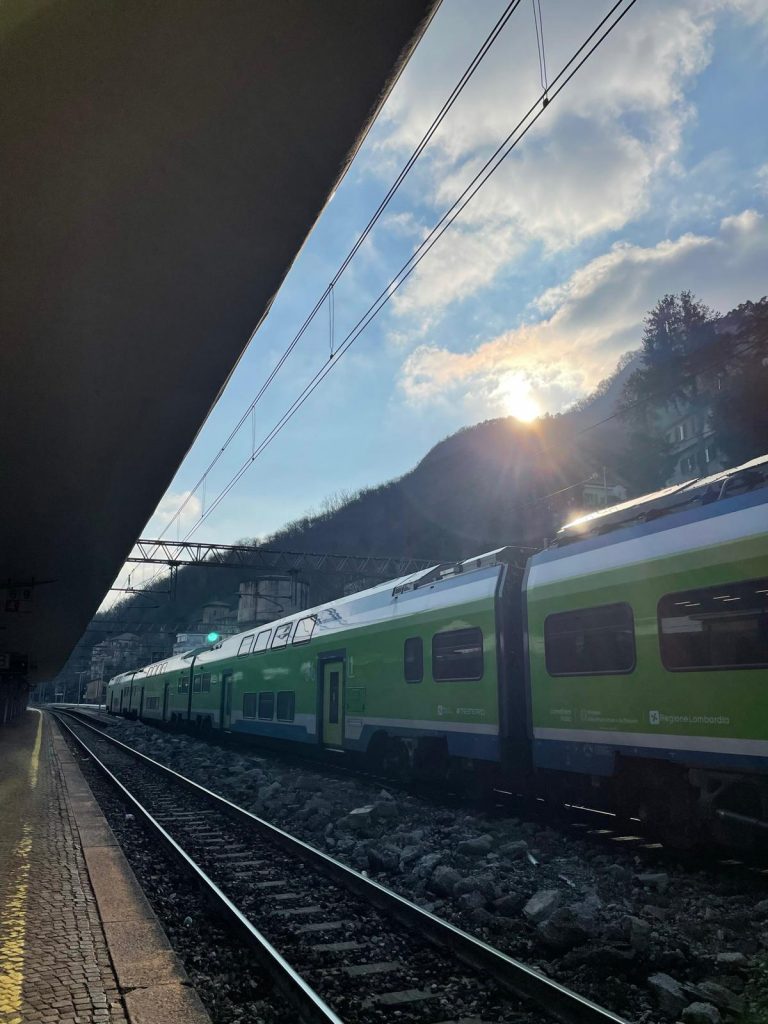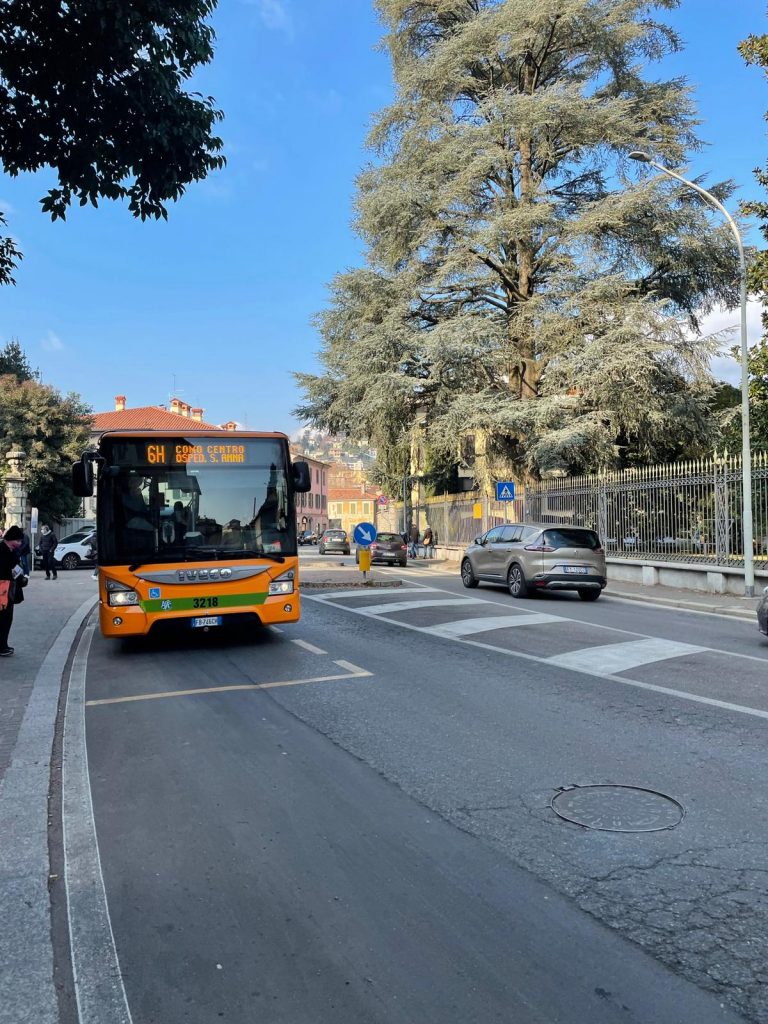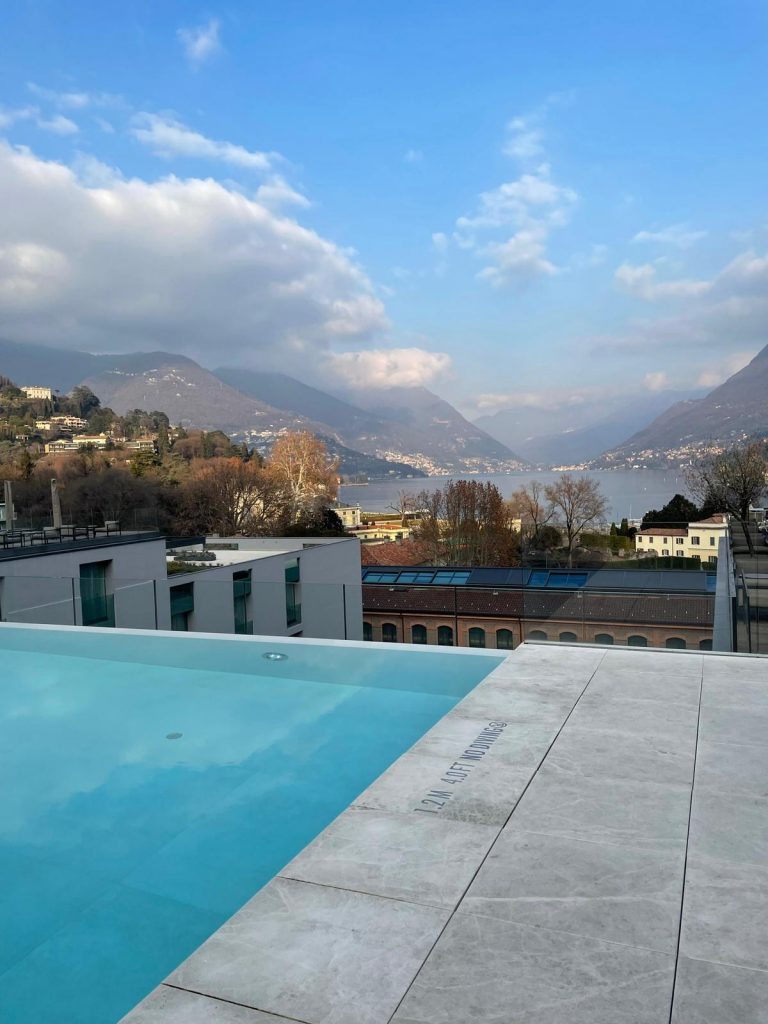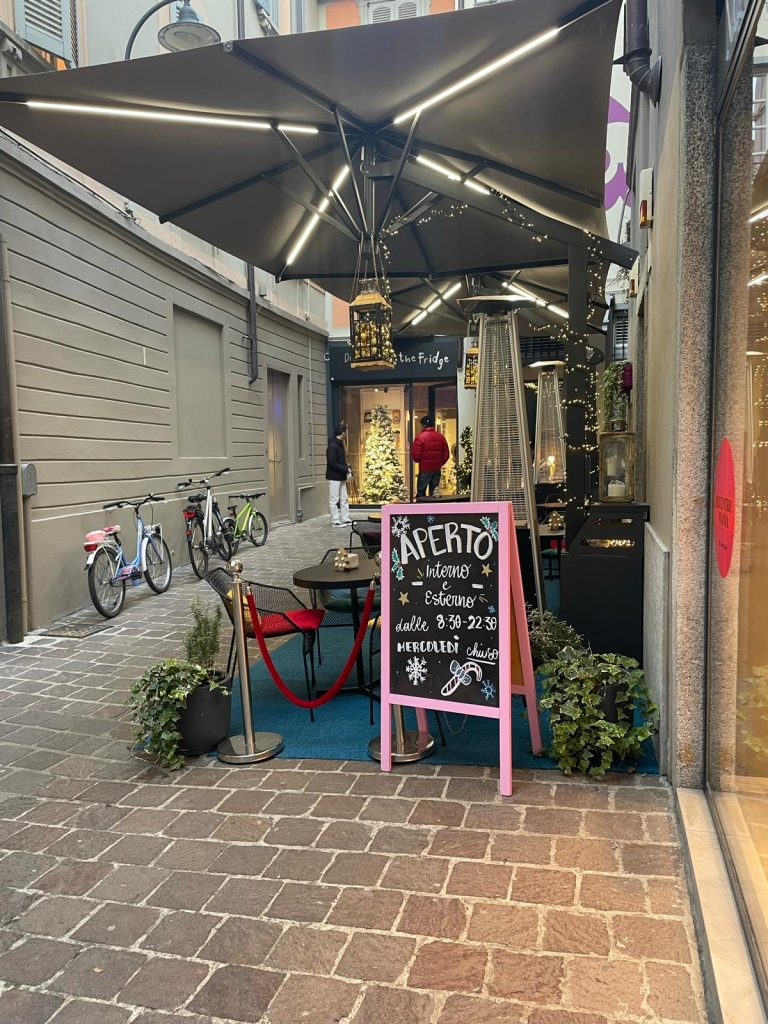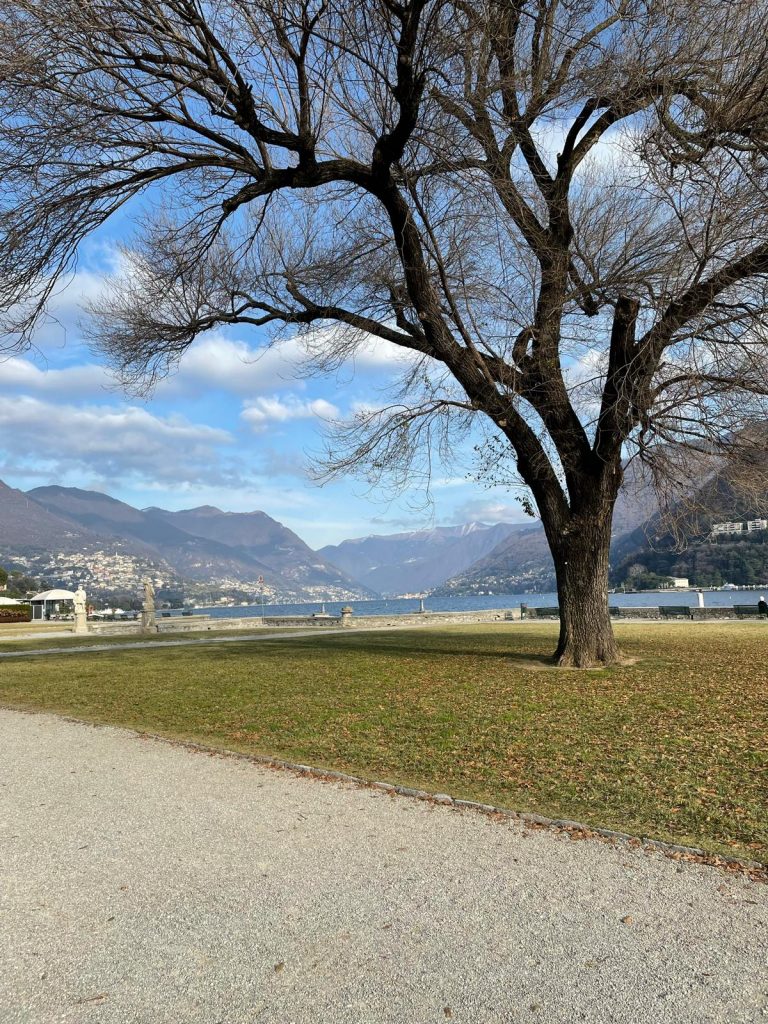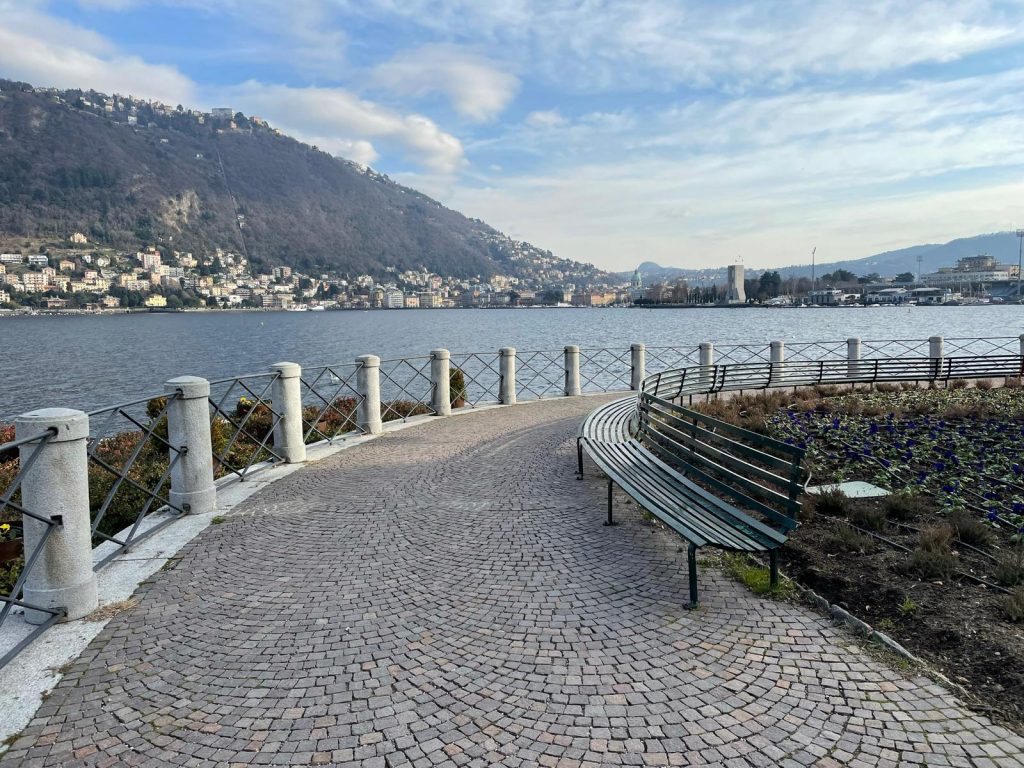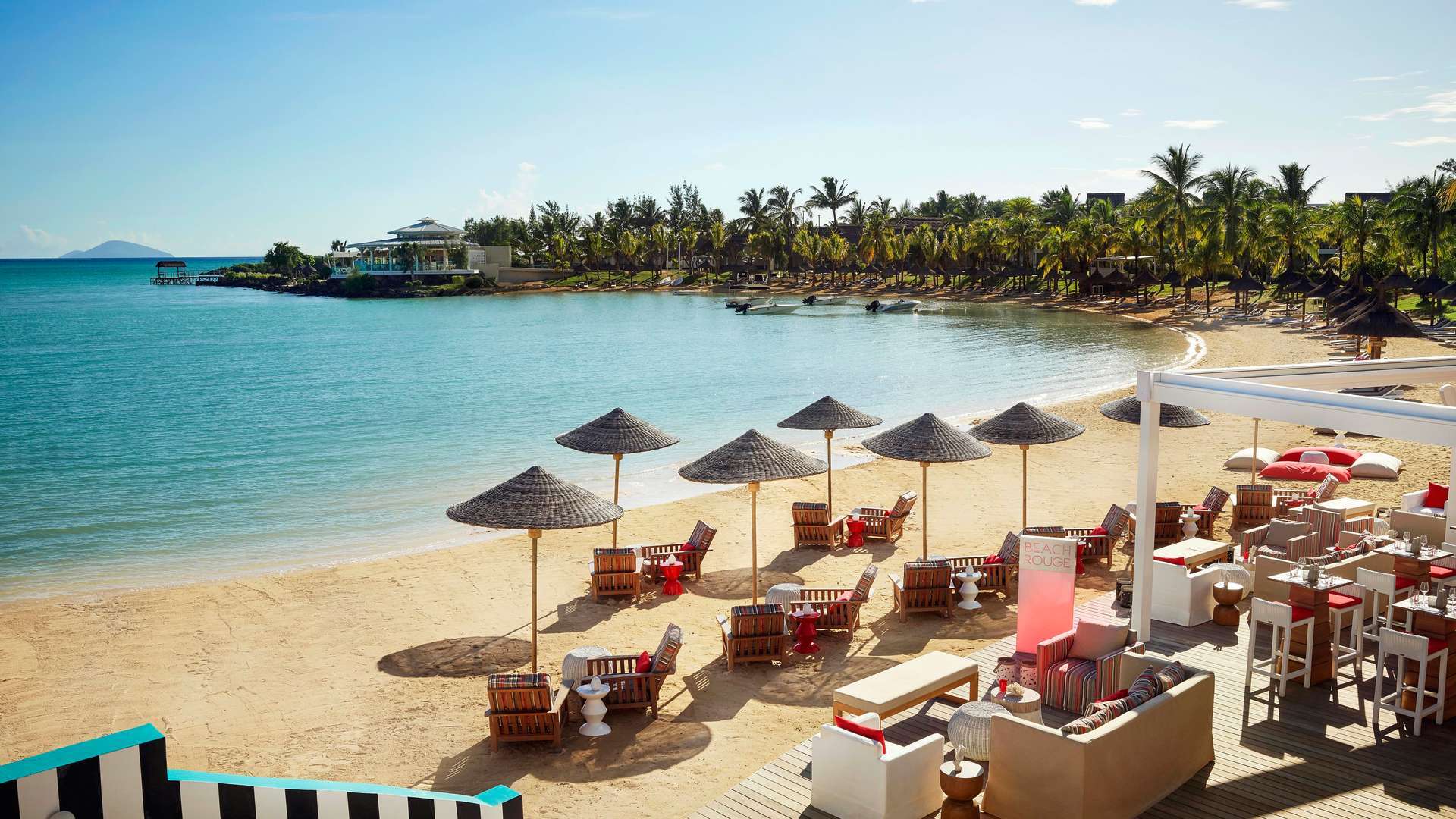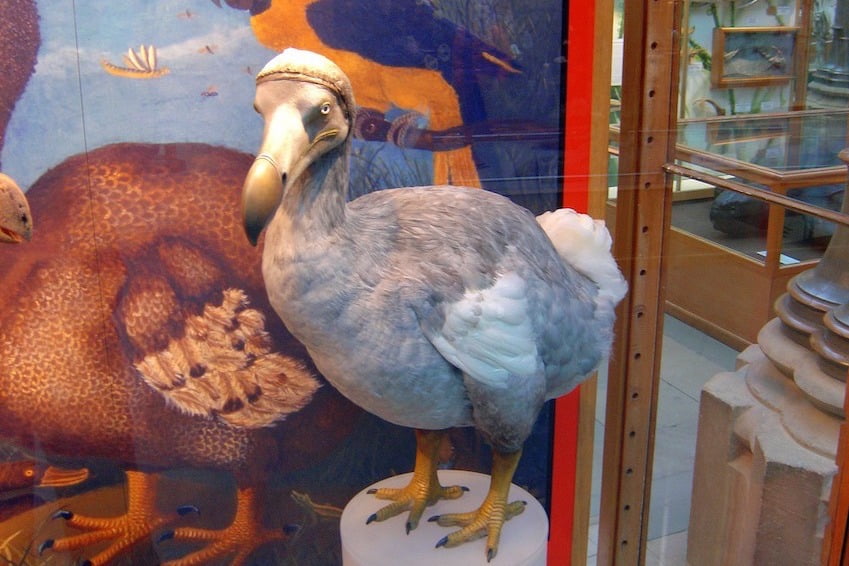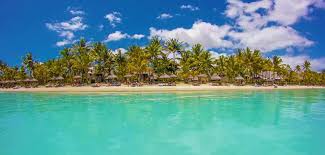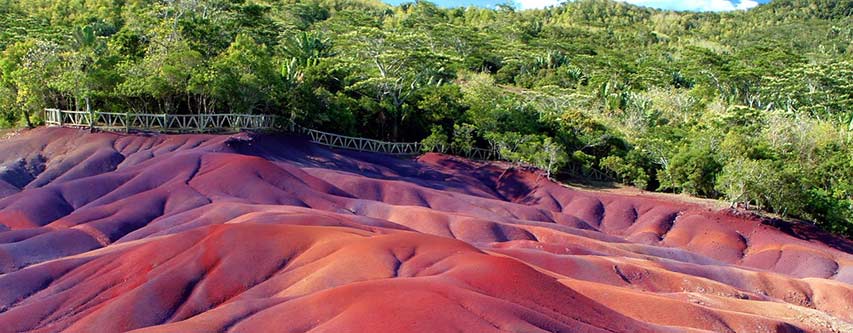The Bridges of Hope: Polish Heritage in Uganda by TravelTube
TravelTube, a leading platform for bringing African culture, history, and travel experiences to a global audience, is proud to announce the launch of its groundbreaking online exhibition, “Bridges of Hope: Polish Heritage in Uganda”
This virtual showcase offers a compelling exploration into the lives of Polish refugees who sought sanctuary in Uganda during the tumultuous 1940s, bringing to light stories of resilience, cultural exchange, and the enduring bonds forged in the face of adversity.
About the Exhibition:
“Bridges of Hope” is not just an exhibition; it’s a digital odyssey that transcends time and borders. Through a meticulously curated collection of narratives, photographs, and interactive elements, the exhibition paints a vivid portrait of the Polish refugees’ journey from Europe to the heart of Africa. Visitors will delve into the challenges, triumphs, and cultural exchanges that marked their lives during this pivotal period.
Key Highlights:
Road to Uganda: Experience the harrowing journey undertaken by Polish refugees escaping war-torn Europe. Interactive maps, personal accounts, and archival footage bring to life the challenges faced on their path to Uganda.
Honouring the Departed: Pay respects to the Polish refugees who found their final resting place in Uganda. Navigate through the virtual Polish Cemetery in Masindi, uncovering the stories of educators, healthcare providers, musicians, and writers who left an indelible mark on Uganda’s history.
Renovation of Polish Heritage: Witness the preservation of Polish heritage in Uganda, with a spotlight on architectural landmarks like the Church of Our Lady Queen of Poland in Nyabyeya. Learn about the meticulous restoration efforts and the collaborative work between Polish descendants and local communities.
Launch Details:
The “Bridges of Hope” exhibition will be exclusively available on the TravelTube website and mobile app starting on Monday 11 December 2023. The virtual doors to this immersive experience will open to a global audience, allowing users to explore, learn, and reflect on this remarkable chapter in history.
“Elijah Watendo, Founder of TravelTube TravelTube is not just about showcasing the beauty of Uganda and the world; it’s about inspiring young people to explore, learn, and connect with different cultures. We believe that travel can be a powerful tool for personal growth and understanding.
“Professor Lwanga Lunyiigo, Notable Historian in Uganda The Polish refugees who found refuge in Uganda during World War II left an indelible mark on the country’s history and culture. Their stories are a testament to the resilience of the human spirit and the power of intercultural exchange.”
How to Access:
The “Bridges of Hope” exhibition will be accessible to users worldwide through the TravelTube website and mobile app. Stay tuned for more details on the launch date and exclusive features.
